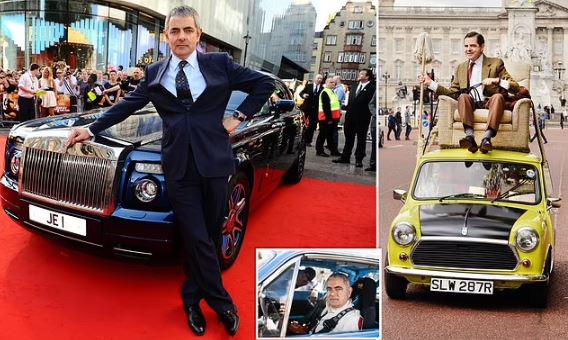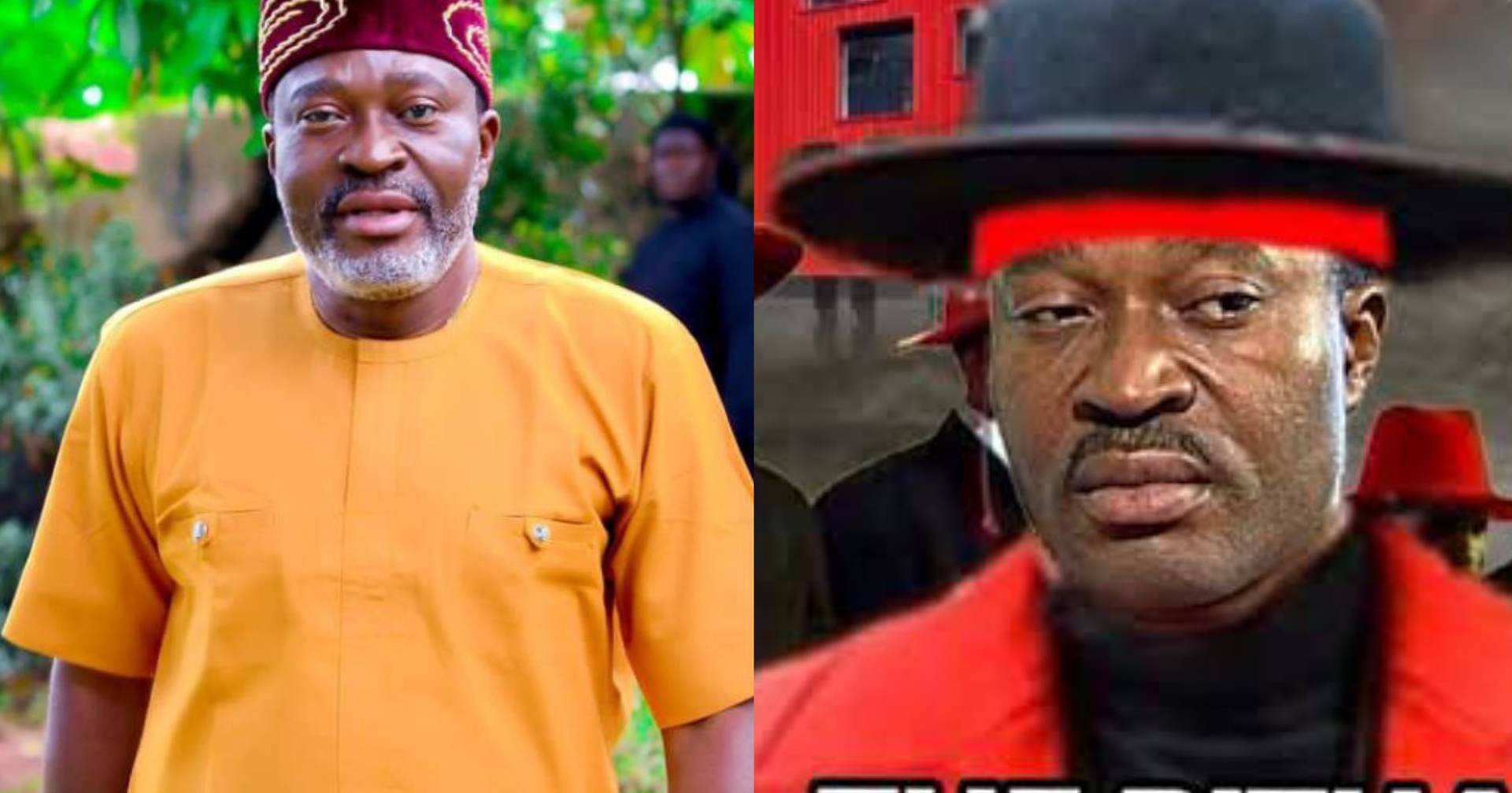Mr Bean star Rowan Atkinson tells friends not to buy electric cars
Mr Bean star Rowan Atkinson has claimed that he feels ‘a little duped’ by electric cars and has urged friends not to get them.
Mr Atkinson, who bought his first electric hybrid 18 years ago and his first pure electric car nine years ago, has now said ‘electric motoring doesn’t seem to be quite the environmental panacea it is claimed to be.’
In an essay written in The Guardian, Mr Atkinson, who has a degree in electrical and electronic engineering, points out that a study from Volvo suggests that greenhouse gas emissions are 70 per cent higher in the production of an electric car compared to petrol vehicles.
According to the car-obsessed actor, this is mainly due to ‘lithium-ion batteries’ which is nearly in all electric vehicles and extremely heavy. They use ‘many rare earth metals and huge amounts of energy required to make them, and they only last about 10 years.’
This means that although electric cars have zero emission they are not yet as environmentally efficient as some may imagine.
The 68-year-old is also critical of what he says is ‘society’s relationship with cars’ and describes the car industry as participating in the ‘fast fashion sales culture.’
He says that on average most car users change their automobile every three years before selling them on – mainly due to the ‘ubiquitous three-year leasing model.’
This is in comparison to his childhood, in which he says that cars after five years, where ‘a bucket of rust and halfway through the gate of the scrapyard’ whereas today a £15,000 car with some ‘tender care’ could last up to 30 years.
Mr Atkinson concludes that: ‘Increasingly, I’m feeling that our honeymoon with electric cars is coming to an end, and that’s no bad thing: we’re realising that a wider range of options need to be explored if we’re going to properly address the very serious environmental problems that our use of the motor car has created.
‘We should keep developing hydrogen, as well as synthetic fuels to save the scrapping of older cars which still have so much to give, while simultaneously promoting a quite different business model for the car industry, in which we keep our new vehicles for longer, acknowledging their amazing but overlooked longevity.
‘Friends with an environmental conscience often ask me, as a car person, whether they should buy an electric car. I tend to say that if their car is an old diesel and they do a lot of city centre motoring, they should consider a change. But otherwise, hold fire for now. Electric propulsion will be of real, global environmental benefit one day, but that day has yet to dawn.’


























